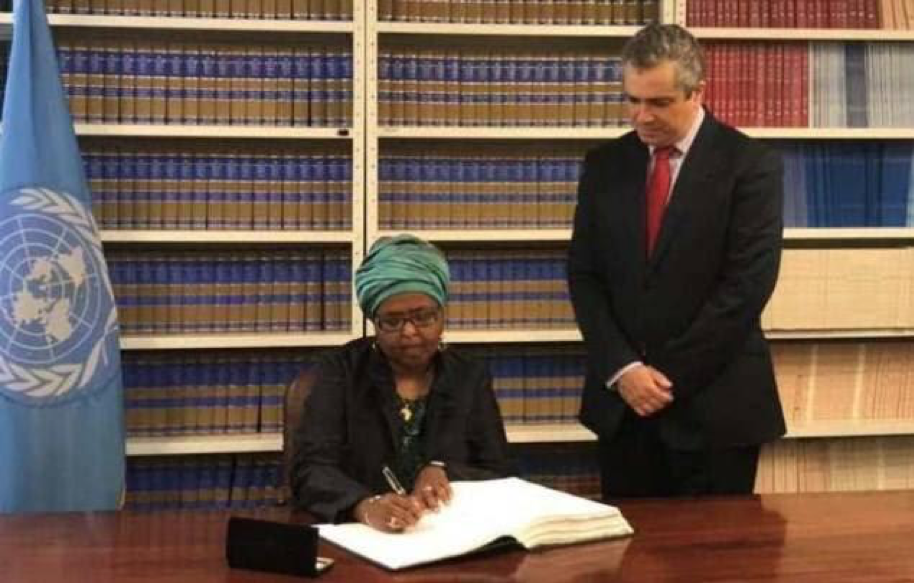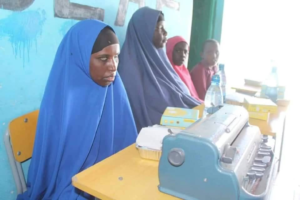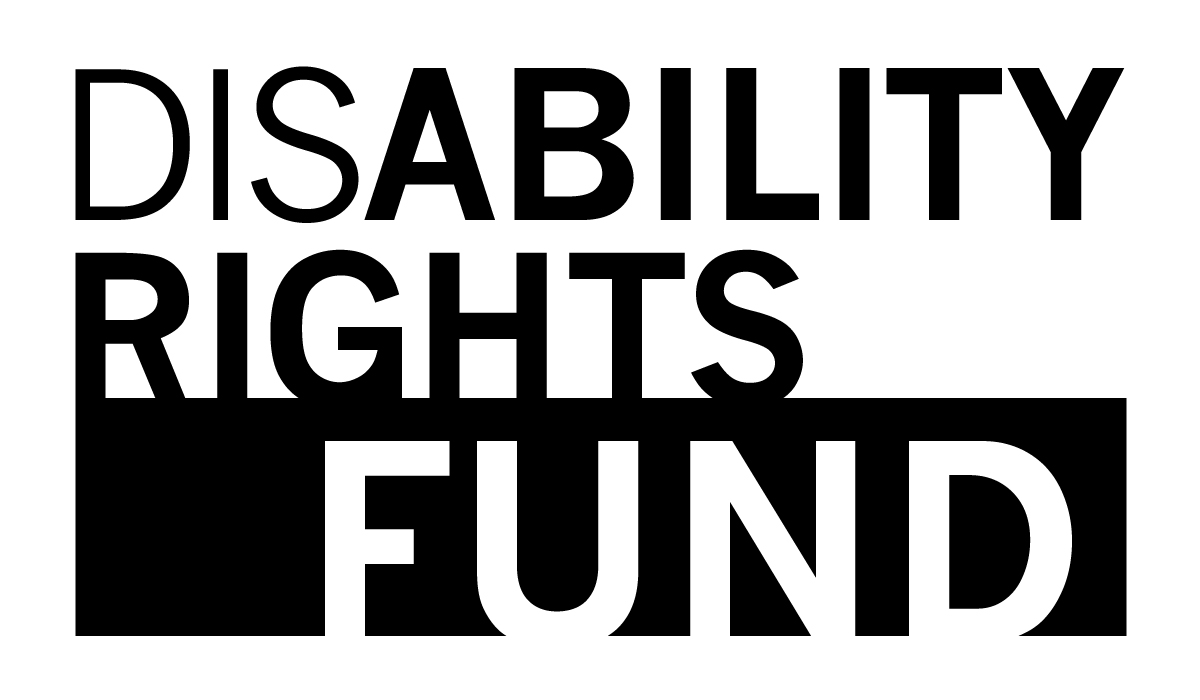
By: Patrick Onyango, edited by DRF/DRAF
Somalia has experienced a protracted conflict during which the constitutional, institutional, policy and legislative framework for the promotion and protection of human rights, including the rights of the country’s 2.2 million persons with disabilities, has not been operational. However, following the Global Disability Summit held in the UK in 2018, a tidal wave of change is happening.
A first step towards rights realization began with the Somali Compact/New Deal. A major outcome of the Compact is the Provisional Federal Constitution (PFC), adopted in 2012. The PFC reestablished institutions critical to the promotion and protection of rights, anchored Somalia’s obligations to regional and international treaties (Article 140), and provided for the application of the principle of equality and non-discrimination to persons with disabilities (Article 11). (The PFC is currently under review to address present realities and to align with regional and international norms and standards.)
Recently, the government has made strides in addressing the rights of persons with disabilities by joining other governments, disability activists, and stakeholders at the Global Disability Summit on July 24, 2018. In the run-up to and at the Summit, the Federal Government of Somalia (FGS), through the Ministry of Women and Human Rights Development (MoWHRD), held extensive consultations with Disabled Persons Organizations (DPOs) and other stakeholders prior to making commitments. The government was represented at the Summit by Her Excellency Ms. Deqa Yasin, the Minister for Women and Human Rights Development. Somalia signed the Summit Charter for Changeand made eight priority commitmentsin the following areas: a) Conflict and Humanitarian Contexts, b) Data Disaggregation, c) Elimination of Stigma and Discrimination, d) Harnessing Technology and Innovation, e) Inclusive Education, f) Routes to Economic Empowerment, g) Women and Girls with Disabilities and, h) Inclusion of the of Persons with Disabilities (PWDs) in the new constitution to ensure a more inclusive society and better political participation of PWDs in the electoral process.
Shortly after attending the Summit, Somalia signed the UN Convention on the Rights of Persons with Disabilities (CRPD) as the 178thState Party and ratified it on August 6, 2019. Fast-tracking of ratification of the CRPD involved intense lobbying by DPOs and responsiveness on the part of the government. Consultative meetings were held with the Council of Ministers, Members of Parliament and other stakeholders. These consultative sessions raised awareness of stakeholders on the advantages of Somalia ratifying the CRPD.
Since then, Somali DPOs have lobbied and advocated for the implementation of Summit commitments and CRPD obligations. Key milestones include DPOs advocating to secure the rights of persons with disabilities during the ongoing constitutional review process, including principles outlawing systemic discrimination. There is also a new process towards development of a national disability law which will outlaw discrimination

Progress has also been made in regard to inclusive education and the economic empowerment of persons with disabilities. DPOs have successfully advocated for a framework for the visually impaired to take national examinations in accessible formats. To address economic empowerment, a law was enacted in December 2018, establishing a National Disability Agency with the mandate to develop livelihood and vocational skills training centers to enable persons with disabilities to have access to economic opportunities. Efforts are underway to establish a pilot Coordination Information Center/Hub for Assistive Technology in Mogadishu. Further, the government has adopted the principle of data disaggregation in all its development planning. Because carrying out a population census in Somalia is challenging due to resource constraints and security concerns, the government will instead establish a One-Stop Somali Persons with Disabilities Database, a central database where all state and non-state agencies can report data on persons with disabilities. Three Bills relating to women and girls, including those with disabilities, are in the process of being passed – the Sexual Offences Bill, the Female Genital Mutilation (FGM) Bill, and the Child Rights Bill. There are also efforts to put in place a coordination mechanism for humanitarian crises preparedness and response based on the ‘Do No Harm’ principle.
These milestones have all been reported in the Global Disability Summit accountability: Self-reporting survey Instrumentsubmitted by Somalia in June 2019. Progress in all of these areas shows a real commitment on the part of the government, and civil society, towards achieving human rights of persons with disabilities. Most importantly, it signifies the re-entry of Somalia into the international human rights system.
Patrick Onyango is an alumnus of the University of Nairobi with post-graduate work in international legislative drafting at the Public Law Centre at the University of Tulane, Louisiana. He is a managing partner at PatConsult, a governance consultancy firm in Nairobi offering technical consultancy services in Kenya and the Greater Horn of Africa Region. He served on the international expert team during South Africa’s constitutional negotiations from 1990 to 1994. He identifies himself as a person with a physical disability.
